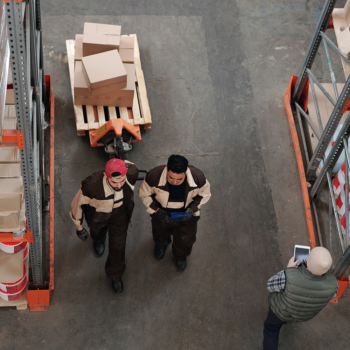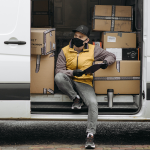Green business is booming, from electric cars to petroleum-free laundry detergent to organic bamboo pajamas. The green economy now accounts for $1.3 trillion a year in revenue and the market for environmentally friendly products is growing at seven times the rate of conventional products. From 2015 to 2019, more than half the growth in consumer packaged goods—a category that includes a wide range of food items, household products, and toiletries—was from products marketed as sustainable. And companies are not solely relying on their own expertise anymore but are soliciting the help of their supply partners in developing sustainable products. The payoff can be significant, yielding not only greater environmental benefits but also economic gain.
While many companies have made substantial progress in becoming more environmentally friendly, they have often been slower to address social issues such as labor conditions and worker rights. Tech giants Apple and Amazon tout their green initiatives but have been criticized for the grueling conditions facing their factory workers, delivery drivers, and warehouse employees. Starbucks has had a climate change strategy for nearly 20 years and aggressive goals to be carbon positive by 2030. Yet last year, reports revealed that young children in Guatemala were picking some of the beans that eventually end up in its coffee.
Read the full article at Fast Company.
This article was produced by Footnote in partnership with Michigan State University.





